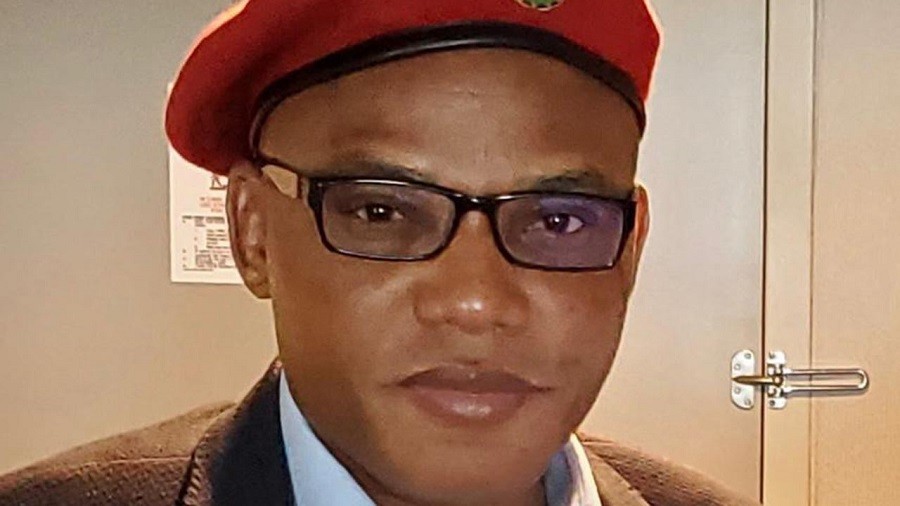A civil society organisation, Justice Rights Group, has expressed concern over the ongoing trial of the leader of the Indigenous People of Biafra (IPOB), Mazi Nnamdi Kanu, arguing that the charges are based on laws that have been repealed.
The group, in a statement on Tuesday signed by its Lead Coordinator, Anayochukwu Alozie, and made available to THE WHISTLER, said six counts against Kanu rely on the Terrorism (Prevention and Amendment) Act, 2013 (TPAA 2013), while another rests on provisions of the Customs and Excise Management Act (CEMA). Both, it argued, have been replaced by newer legislation.
Advertisement
“The TPAA 2013 was repealed by Section 96 of the Terrorism (Prevention and Prohibition) Act, 2022,” Alozie stated. “Our position is that no Nigerian should face trial under laws that are no longer in force.”
The Supreme Court had on December 15, 2023, in appeal SC/CR/1364/2022, upheld the continuation of Kanu’s trial.
Similarly, on September 26, Justice James Omotosho of the Federal High Court, Abuja, dismissed Kanu’s no-case submission.
The group however drew attention to Section 122 of the Evidence Act, 2011, which requires courts to take judicial notice of laws and their repeal.
Advertisement
It also cited past judicial decisions, including NNPC v. Fawehinmi (1998) and Aboyeji v. Momoh (1994), which emphasised that prosecutions cannot be sustained under repealed statutes.
According to the statement, similar principles are upheld internationally. “Courts in the United States, United Kingdom, South Africa, Kenya, and even the European Court of Human Rights have consistently maintained that criminal charges must be based on existing, not repealed, laws,” Alozie noted.
The organisation posed a series of questions: “How can the courts justify continuing with charges under laws that have been repealed? Why are constitutional provisions on the supremacy of the law not being given effect?”
It warned that the implications extend beyond Kanu’s case. “Allowing prosecutions under repealed laws could set a precedent that affects the rights of all Nigerians,” the statement added.

